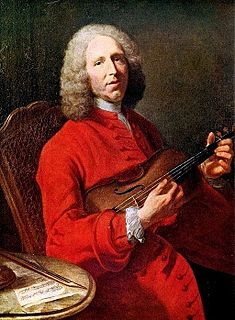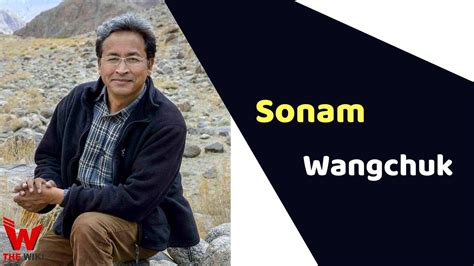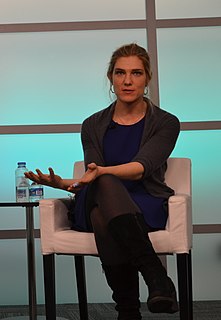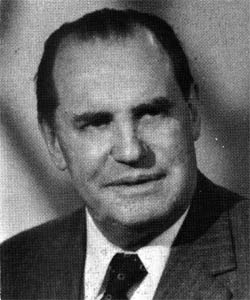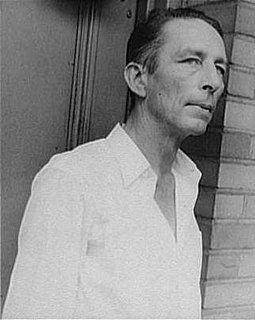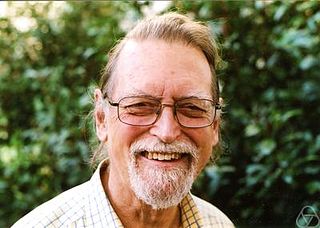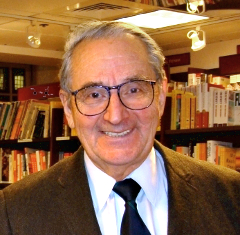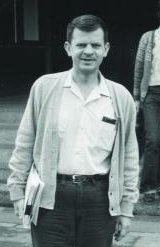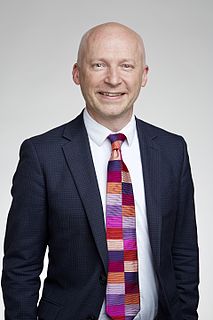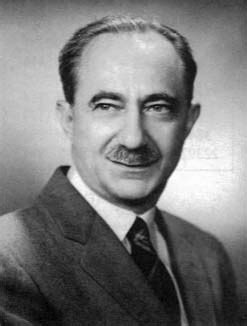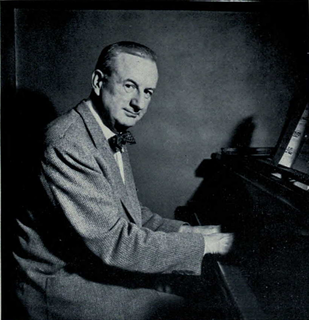Top 1200 Mathematics And Science Quotes & Sayings - Page 5
Explore popular Mathematics And Science quotes.
Last updated on December 12, 2024.
I came into history from a primary concern with mathematics and science. This has been a tremendous help to me as a person and as a historian, although it must be admitted it has served to make my historical interpretations less conventional than may be acceptable of many of my colleagues in the field.
The main duty of the historian of mathematics, as well as his fondest privilege, is to explain the humanity of mathematics, to illustrate its greatness, beauty and dignity, and to describe how the incessant efforts and accumulated genius of many generations have built up that magnificent monument, the object of our most legitimate pride as men, and of our wonder, humility and thankfulness, as individuals. The study of the history of mathematics will not make better mathematicians but gentler ones, it will enrich their minds, mellow their hearts, and bring out their finer qualities.
Mathematics never reveals man to the degree, never expresses him in the way, that any other field of human endeavour does: the extent of the negation of man's corporeal self that mathematics achieves cannot be compared with anything. Whoever is interested in this subject I refer to my articles. Here I will say only that the world injected its patterns into human language at the very inception of that language; mathematics sleeps in every utterance, and can only be discovered, never invented.
From the ages of five to twelve, I attended the Saint Laurence O'Toole elementary school in Lawrence, a city next to Methuen, and was taught by sisters of the Catholic order of Notre Dame de Namour. I enjoyed all my subjects there. I do not remember ever learning any science, except for mathematics.
If there should chance to be any mathematicians who, ignorant in mathematics yet pretending to skill in that science, should dare, upon the authority of some passage of Scripture wrested to their purpose, to condemn and censure my hypothesis, I value them not, and scorn their inconsiderate judgement.
De Revolutionibus Coelestibus
Like a stool which needs three legs to be stable, mathematics education needs three components: good problems, with many of them being multi-step ones, a lot of technical skill, and then a broader view which contains the abstract nature of mathematics and proofs. One does not get all of these at once, but a good mathematics program has them as goals and makes incremental steps toward them at all levels.
Men can construct a science with very few instruments, or with very plain instruments; but no one on earth could construct a science with unreliable instruments. A man might work out the whole of mathematics with a handful of pebbles, but not with a handful of clay which was always falling apart into new fragments, and falling together into new combinations. A man might measure heaven and earth with a reed, but not with a growing reed.
The point of mathematics is that in it we have always got rid of the particular instance, and even of any particular sorts of entities. So that for example, no mathematical truths apply merely to fish, or merely to stones, or merely to colours. So long as you are dealing with pure mathematics, you are in the realm of complete and absolute abstraction. . . . Mathematics is thought moving in the sphere of complete abstraction from any particular instance of what it is talking about.
Science fiction is fantasy about issues of science. Science fiction is a subset of fantasy. Fantasy predated it by several millennia. The '30s to the '50s were the golden age of science fiction - this was because, to a large degree, it was at this point that technology and science had exposed its potential without revealing the limitations.
So in the end it wasn't Gödel, it wasn't Turing, and it wasn't my results that are making mathematics go into an experimental mathematics direction, in a quasi-empirical direction. The reason why mathematicians are changing their working habits is the computer. I think that this is an excellent joke!
But actually a code is a language for translating one thing into another. And mathematics is the language of science. My big thesis is that although the world looks messy and chaotic, if you translate it into the world of numbers and shapes, patterns emerge and you start to understand why things are the way they are.
Statistics is, or should be, about scientific investigation and how to do it better, but many statisticians believe it is a branch of mathematics. Now I agree that the physicist, the chemist, the engineer, and the statistician can never know too much mathematics, but their objectives should be better physics, better chemistry, better engineering, and in the case of statistics, better scientific investigation. Whether in any given study this implies more or less mathematics is incidental.
It is time to create new social science departments that reflect the breadth and complexity of the problems we face as well as the novelty of 21st-century science. These would include departments of biosocial science, network science, neuroeconomics, behavioral genetics and computational social science.
